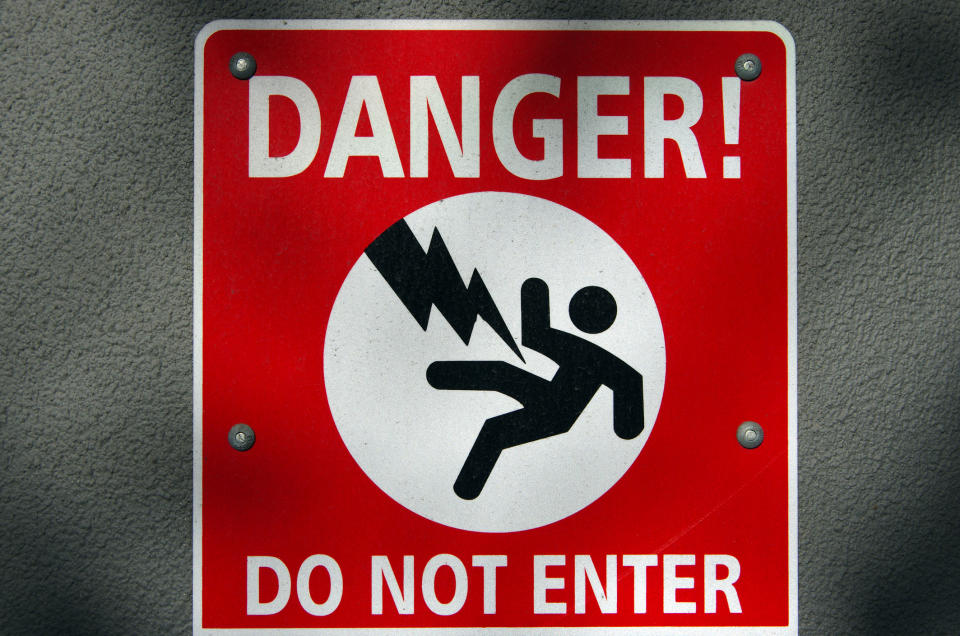Warning signs you'll hate a job before you start there

One of the main reasons workers will quit their job is if they’re not engaged.
That’s bad news: according to Gallup research, only 13 per cent of employees around the world are truly engaged at work.
It’s a major problem for both employers and employees, career development expert and author of Career Conversations, Greg Smith told Yahoo Finance.
Related story: ‘Step up’: Atlassian boss urges staff, Aussie businesses to join global climate strike
Related story: How to apologise to your boss when you’ve screwed up at work
Related story: Three worst questions to ask at the end of a job interview
And while there are a few key things that contribute to a lack of engagement, poor culture is top of the list.
“There are a lot of reasons for why people might leave a job or get disenchanted, but it often boils back to a culture and a subset of that poor leadership,” he said.
“And when you look at employee experience, it can actually start even before they're hired - leaders or hiring managers getting over-excited and making exaggerated promises during the recruitment process.
“So they're trying to get the person on board. And they don't perhaps even mean to do it, but they get carried away with what the organisation can deliver.”
The problem is, new-starters pick up on the real culture within minutes of starting a new job.
“It might be something like their technology or something like that. But it only takes them a few minutes to work out that, ‘Hey, maybe things aren't what they were painted.’
“And the problem is with that, it breaks trust straight away.”
What do I need to look out for in a job interview?
Smith said workers will join organisations believing they fit well with their manager and share the same values as the company around goals and career progression.
If they discover that their manager is leaving within months, or that their manager doesn’t perform the values espoused in the interview, they’re “sure-fire” pathways to employees rapidly exiting the company.
So, how can workers spot culture problems before they sign on the dotted line?
“Do your research before you get to the interview,” Smith said.
“You can do it online, you can use social media, connecting with past or current employees that you might know, or people in your network that might know. Perhaps it's someone who's worked for that organisation previously, in your network, has since left, and you just say, ‘Look, tell me what was great about it, and tell me what wasn't so great about it.’”

This way, candidates will get to the interview armed with the knowledge of what successful people at the organisation look like, and what are some of the pathways to failure.
“That way then too, you can ask questions, and really intelligent ones, through the interview process. They always say that an employer will remember more about the questions you ask than necessarily what always what you say.”
While candidates should always be polite, this is the opportunity to ask challenging questions about financial performance, restructuring, values and company goals.
And it means job hunters will have to stay alert.
“You might just ask an open question and just listen for the response and see if that matches,” Smith said.
“It may not be until after the interview that you can actually correlate what you've been told and what you're hearing.”
In most cases, the messages you receive in an interview will match what your research has told you.
“But sometimes it doesn’t, and you need to have your radar up. Particularly if you're leaving a good job to go to another good job, you don't want to get in there and find, ‘Gosh, that was the worst decision I ever made.’”
The Yahoo Finance’s All Markets Summit will take place on the 26th September 2019 at the Shangri-La Hotel, Sydney. Check out the full line-up of speakers and agenda here.

 Yahoo Finance
Yahoo Finance 

